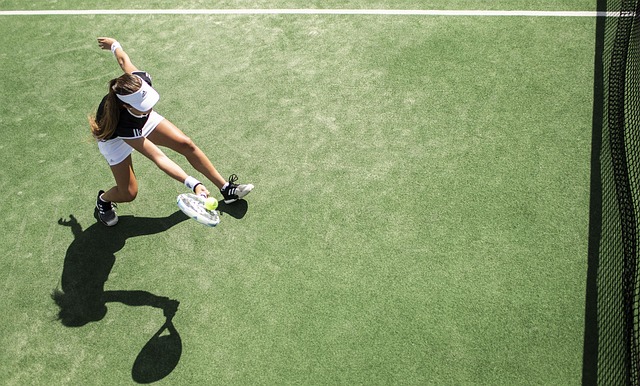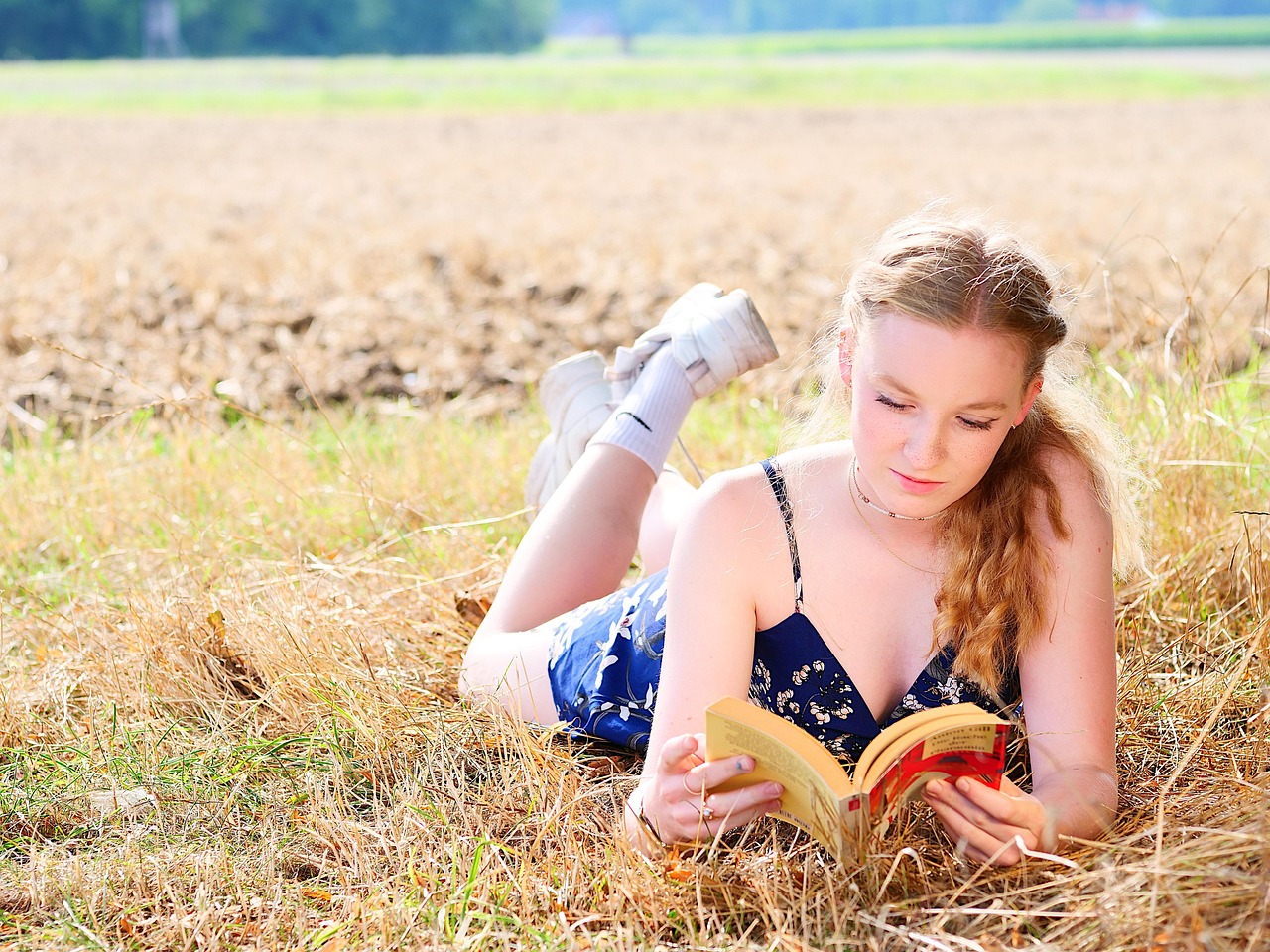The Australian Open is in full swing and it is the ideal time to read…
The more you read, the more you know … how much you don’t know
“The more I learn, the more I realize how much I don’t know.” Albert Einstein
There are many things I don’t know, and probably never will. I don’t really understand complex mathematics, the fine details of accounting or why pet fish don’t survive in my household.
There are many other things that I don’t know that I hope someday I will: How to play the guitar, how to sing well or how to play golf are among them. I don’t know much about the solar system, nor the history of Earth, and these are things I feel are important, and that I should know, but don’t. Hopefully one day I will take the time to learn.
But, thanks to literature, there are some things that I do know.
Reading Julia Baird’s Phosphorescence, I have been struck on more than one occasion by the insights it offers (and it is not just how to spell ‘phosphorescence’). The book is marketed as being about, ‘awe, wonder and things that sustain you when the world goes dark’.
Usually, I’m not interested in being told how to embrace ‘positivity’ as a goal in itself, but Baird’s messages seem altogether different to those of the influencers who promote #wellness, #blessed and #mindfulness.
Most markedly, the book has changed the way I perceive the world around me, whether I am out walking or looking out a window on a rainy day. Baird writes about the importance of observing nature and the awe it holds, and effect of that observation on mood and sense of meaning. For her, it is the sea life she sees when she is ocean swimming that ignites a sense of wonder.
While I will never be brave enough to take to the chilly Victorian ocean on a winter morning – and only a summer one when the temperature exceeds 30 degrees – it is a lesson I take with me as a stroll by the lake near my house.
Usually I would listen intently to my audiobooks and barely glance around, but having read Baird’s book, I now consciously take the time to see what I am walking past. It might be a swan ducking its whole head and body below the surface of the water, or the first blooms of spring. Sometimes it is a bare and majestic tree leaning over the water, the mist over the lake early in the morning, or a dragonfly streaking by.
It is something that should be instinctive, but perhaps technology and the easy availability of distraction and entertainment hat have made it less so. Observing nature seems to be at the end of the priority list, in the midst of home schooling, working, buying groceries, doing the washing or even listening to a podcast, but Baird reminds us that it should be at the top.
It is a book that has shown me how much I didn’t know about living well, and offered me knowledge that once known is indispensable.
It is not just in non-fiction where I have learnt lessons that have changed me.
Sometimes when I’m reading, I draw a sharp breath when an author pinpoints a personality quirk that is either my own or that of someone I know. If it is mine, perhaps a prejudice or an annoying behaviour, I resolve to change (at least for a time). When it is someone else’s, I think, “they really should read this!”, and realise it’s a shame that they probably won’t.
I have learnt so much about myself through reading, but I have also learnt to understand others. As writer George RR Martin wrote,
“A reader lives a thousand lives before he dies, and the one who doesn’t read, lives just one.”
While it can’t be compared with real-life experience, reading fiction or non-fiction can take us somewhere close to the truth of the experience of others.
The Rosie Project was fun, but also enlightening in its depiction of a protagonist who had Asperger’s syndrome. Behaviours that might be frustrating if misunderstood, became endearing when displayed by Don. The book facilitated a whole new understanding of neurodivergence in a way that was accessible and illuminating.
Similarly, The Trauma Cleaner offered an extraordinary insight into gender, from the perspective of a transgender woman who had endured childhood rejection from her parents, financial difficulties and lifelong prejudice.
Too Much Lip was a revelation, drawing me some way into the Indigenous Australian experience of loss, intergenerational trauma and finally, hope. The White Girl similarly helped me understand the legacy of the poor treatment of the Indigenous by white Australians and governments.
This history is among many that I have learnt through fiction and non fiction. From Wolf Hall’s depiction of the British royalty at the time of Henry VIII, to the many World War I and II stories that I have read, I would never understand these times as well if I hadn’t lived them through stories.
Knowledge has long been at the heart of storytelling, communicating warnings of threats, passing down traditions and building empathy between peoples.
Dr Seuss famously wrote,
“The more that you read, the more things you will know. The more that you learn, the more places you’ll go.”
And while I feel like reading teaches me so much, the most important thing I have realised is the extent of what I don’t know. In the thousands of books that line the shelves of libraries and bookshops, there are messages that I will never hear, nuggets of wisdom to which I will never be privy, and facts that would startle me, if only I knew them.
It might be the only thing that unites me with Albert Einstein, but I do feel the same sense of knowing less, the more I learn. In each book I read in which I stumble upon a truth that will change me, I become more aware of the impossibility of knowing very much at all.




Comments (0)